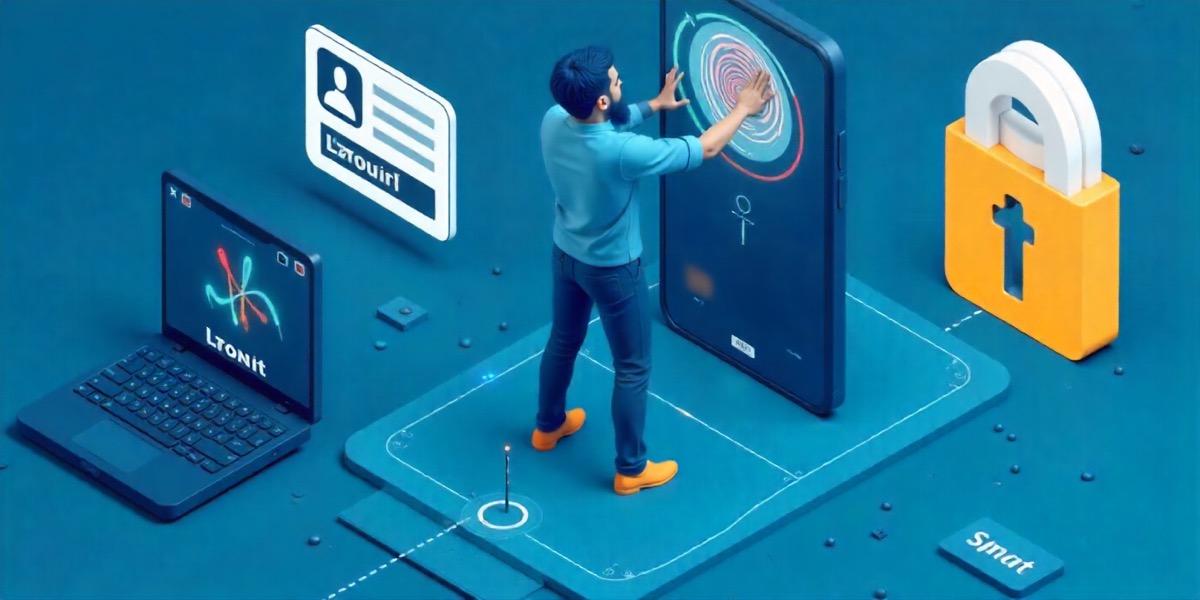Digital media is a huge element of life nowadays. It changes how individuals learn, have fun, and interact with their surroundings. Streaming services, interactive content, and shared workspaces have all made communication technology a huge part of our lives.But as more people use media, the problems with access, privacy, and security get worse. This is where virtual private networks come in. They change the game by making the digital world more accessible and safe.
A lot of folks who wish to make their internet experience better start with a free VPN. It creates a safe tunnel between the device and the internet, which makes it safer to chat to people, stream, and browse. You may use these services on a lot of different platforms. For instance, there are simple VPN apps for Android and iOS that make mobile users just as safe as individuals who use desktops or laptops. This universality makes VPNs a useful tool for everybody who uses digital media these days.
The importance of VPNs for watching media has a lot to do with how internet platforms work. Digital services need to be always connected, yet people might get frustrated when material is not available or access is limited. VPNs get around these problems, making it easier for people to use media without any problems. This means that streaming, reading, or participating in interactive activities stays smooth. VPNs not only make things safer, but they also make the whole experience better for users.
VPNs are much more vital when you consider about privacy. Some digital media platforms require users to provide them personal information, such their login credentials and activity records. This information might be in danger if it isn’t protected correctly. VPNs encrypt data to lower risks and keep information private. This gives people more control over their online presence. This degree of protection is just as important for artists and professionals who rely on digital platforms to share content. It protects both intellectual property and communication networks.
VPNs have an effect on the media sector as a whole, not just for personal usage. Digital marketers, publishers, and broadcasters all need to keep people interested. It could be harder to get in contact with and influence others if you have problems connecting. VPNs help keep communication lines open, which is very crucial in companies that need to be seen all over the world. VPNs help the digital media ecosystem stay stable and grow by keeping information flowing safely.
VPNs also help with mobility, which is another area where they are useful. People don’t only watch TV nowadays. People are starting to use smartphones and tablets more and more to acquire news, entertainment, and speak to each other. VPN apps built exclusively for Android and iOS let users safeguard all of their devices to the same level. This makes their media experience both flexible and safe. This mobility makes sure that users may stay connected safely at home, on the go, or in a professional context.
VPNs also help new ideas come up. As digital media faces new problems, including new rules or changing dangers, VPN technology is changing to keep up. These technologies change to meet the demands of users, as shown in features like quicker protocols, better utilization of bandwidth, and better encryption models. This adaptability makes the whole digital world stronger and makes each person’s experience better.
Most individuals find VPNs handy in their daily lives. There are actual benefits, including streaming that works better, safe surfing, and communication that doesn’t end. VPNs are part of the infrastructure that ensures media distribution safe and dependable for companies and creators. These jobs show how important VPNs are becoming in a world where media and communication are a big part of everyday life.


